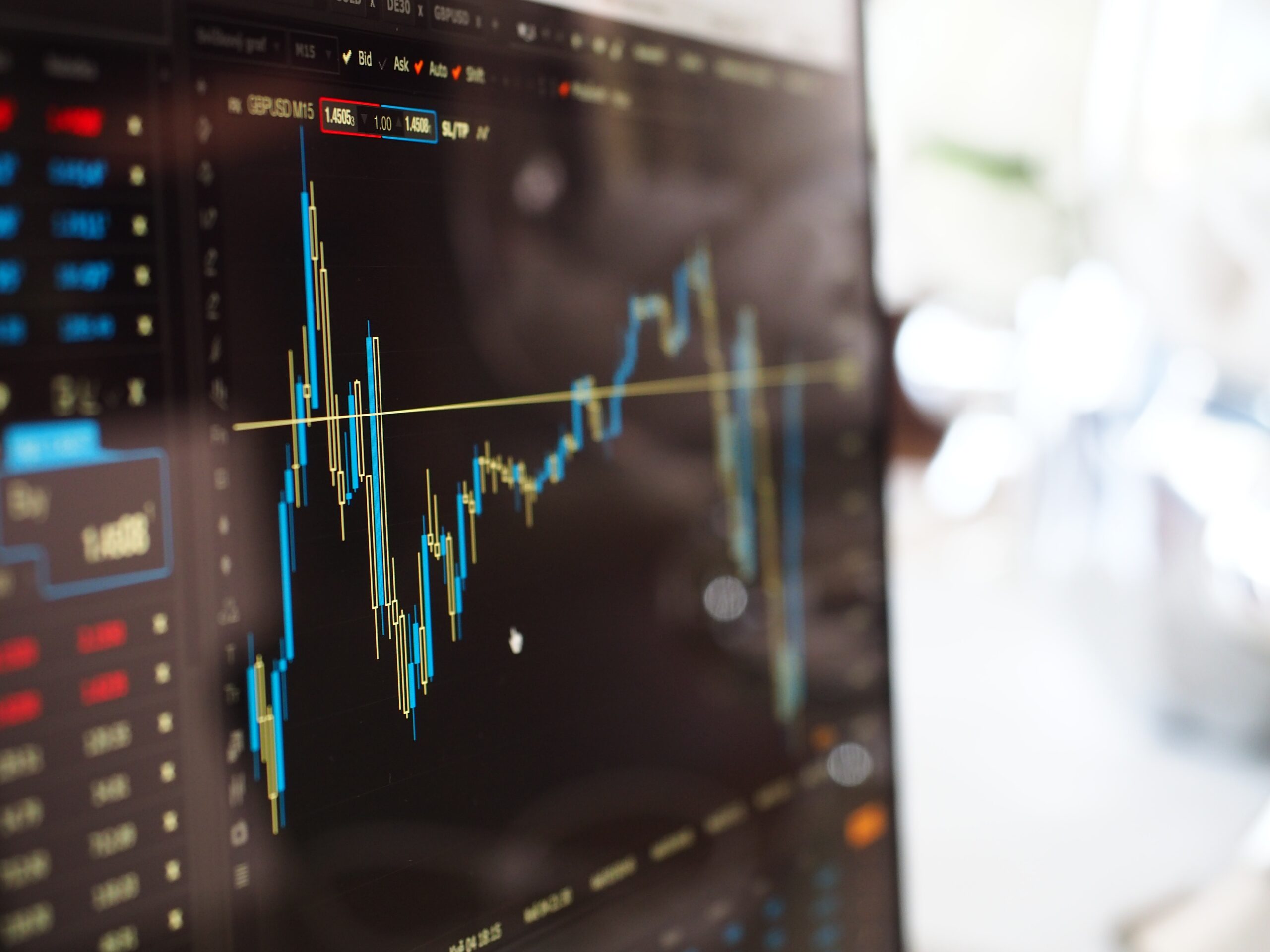Economics: The science of choice
Economics is often thought of as a purely money-focused discipline. However, as Prof Jo Seung-Gyu, Deputy Academic Director of The NUS MBA and Senior Lecturer at the NUS Business School, explains, this narrow view ignores its broader purpose as the science of choice. He also highlights why studying economics in an MBA is increasingly important.
Studying economics offers much more than an understanding of money and financial systems. It transmits a way of thinking that helps people understand the world around them and strategise decision-making. Essentially it is the science of choice.
According to Prof Jo, “We professional economists have a very firm belief that behind almost everything you are going through, whether it is about personal decision-making issues or business issues, there lies economic rationale behind almost everything.”
Economics allows business students to analyse and understand a wide range of complex issues. From the allocation of resources, market behavior, and the impact of government policies. By studying economics, you can develop critical thinking skills and apply the science of choice to strategic decisions in your future career.
One of the key aspects of economics as a way of thinking is the concept of trade-offs. Every choice made by individuals or societies involves trade-offs and understanding them is essential for making informed decisions. Every choice has a cost and understanding these costs, whether monetary, happiness, or time is an excellent life skill.
By breaking down the study of economics, we can see that its applications are vast and varied. It offers a framework to help you understand the world through decision-making.
The rational and irrational aspects of decision-making
Economics encompasses both rational and irrational aspects of decision-making. As a game theorist, Prof Jo thought of decision-makers as rational actors who always make the optimal decision when given sufficient information. However, an accidental encounter at a conference taught him about a new field of economic thinking.
“Behavioral economics assumes the total opposite kind of decision maker. The human side”, he explains. “We are just humans. Not machines or robots.” Neither game theory nor behavioral economics is “correct”, however. Economic behavior is a complex interplay between rational and irrational elements, with both playing an important role in shaping outcomes.
So, why is it important to understand both the rational and irrational aspects of decision-making? By studying both, we can better understand why people make the choices they do, and how those choices impact the economy. This can help us make better decisions and predict future economic trends.
Economics is far from the boring, dry subject that its reputation has historically suggested. With the right guidance and contextualisation of theory, it is an extremely engaging subject that students can take beyond the classroom. As Prof Jo shares, “I want them to find their own ideas regarding what aspects lie behind each of the challenges they may face in real life.”
This article is an adapted version of the original article, “Economics is about more than money, it’s the science of choice” by MBAGRADSCHOOLS.


